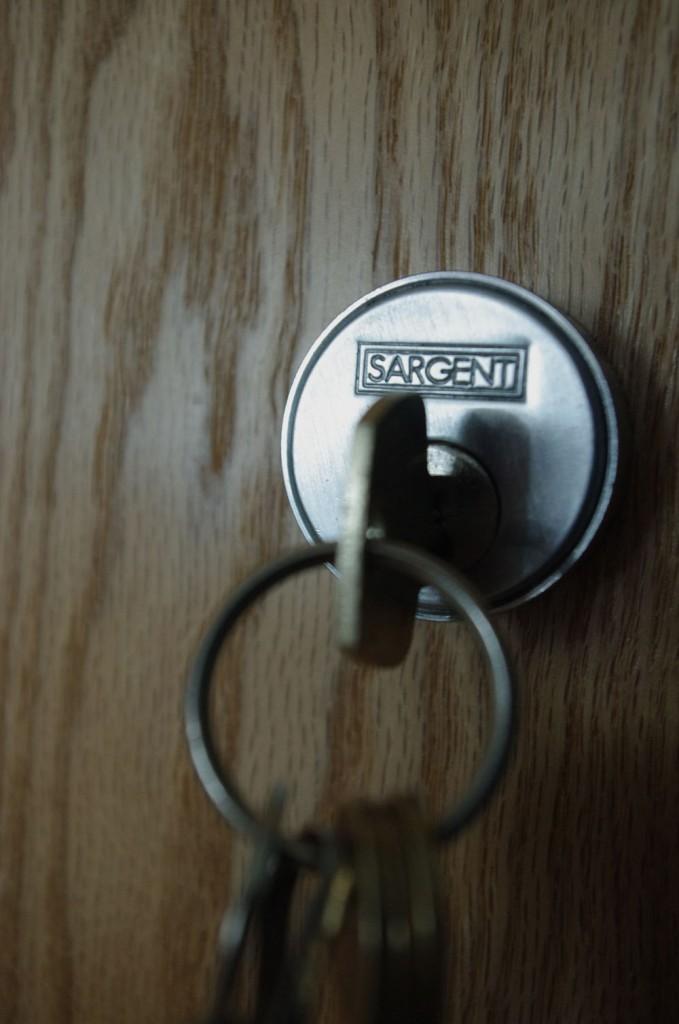“Secure the school.”
Principal John Dodig’s order reverberated through the Staples PA system last Thursday, March 29th. During period 4, students as well as staff, who had been given prior warning of the drill, locked themselves in their classrooms with the lights switched-off, hidden from the windows.
“My observation of the latest lockdown was positive,” Dodig said. “Within two minutes, there was not a soul to be seen anywhere.”
The lockdown drills, according to Dodig, fulfill the school’s overarching obligation to have a security plan prepared in case of any emergencies, such as an intruder or criminal act within the building.
“None of us wants to even imagine that something like Columbine can happen at Staples,” Dodig said, “but in truth, it can happen anywhere.”
While the law does not specifically state that lockdown drills are necessary, Staples practices them in an attempt to create an instinct in students to quickly perform the lockdown procedure when the principal announces that the school is in “lockdown mode”.
Dodig compared lockdown drills to fire drills, which also help students learn proper emergency procedure. The effectiveness of both, he said, can be compromised by panic in a real emergency situation, but he hopes rehearsal of the drills will help in the event of a fire or intrusion.
“Once you practice a fire drill long enough, you know instinctively what to do,” Dodig said. “That is precisely what we want to happen with lockdown drills. If you were to hear my voice saying we are in lockdown, you will know what to do regardless of where in the building you are.”
David Rollison, a Chemistry and Forensics teacher, considers lockdown drills to be very beneficial to Staples.
“You just don’t want to make a mistake,” Rollison said. “By practicing, then you are able to do it without thinking.”
Not everyone, though, is convinced that practicing lockdown drills will be useful in the event of a dangerous situation in the building.
Jeffery Rosen ’13 expressed his doubt that even a rehearsed routine would be carried out smoothly in an emergency.
“If something was actually happening, It’d be a lot more chaotic,” Rosen said.
Sarah Andros ’12, also questioned the necessity of the drill, due to the simplicity of the lockdown procedure.
“Its good to know what the alarm sounds like,” Andros said. “But I don’t know why they couldn’t just explain the process to us.”
Elizabeth Knoll ’15 however thinks that the lockdown drill is necessary, at least once a year.
“Its better to be over prepared than under prepared,” Knoll said.
While Dodig recognized that the events in which lockdowns are required could cause panic and anxiety, he recognized that lockdowns are a step the school takes in order to help plan for the unimaginable.
“If all of a sudden you heard gunfire or explosions, panic would set in,” he said. “We can only hope that practicing the lockdown will cause people to react instinctively if something actually happened.”














































